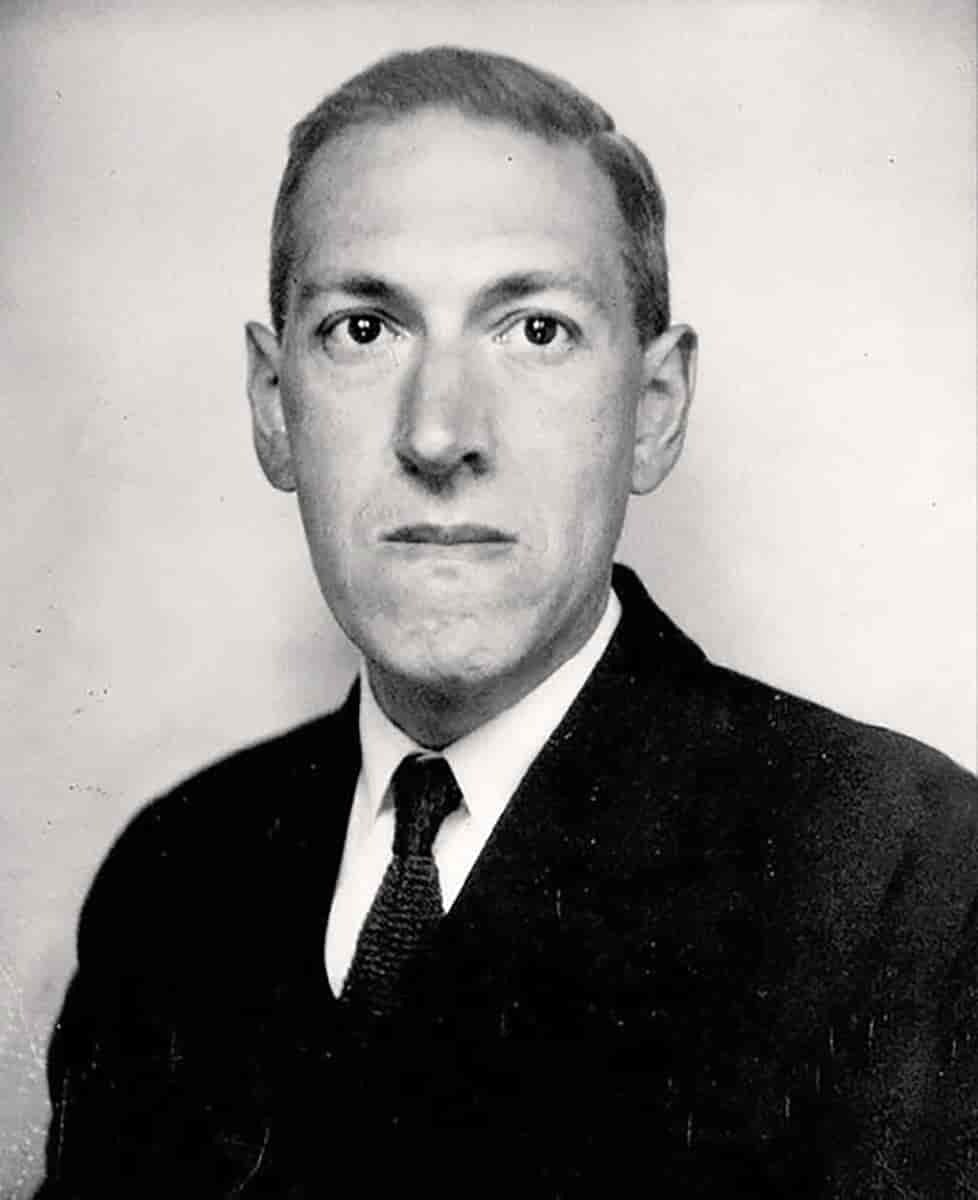
In 1985, a new master of horror emerged. Coming from the world of experimental theater and wielding the disturbing narratives of H.P. Lovecraft, Stuart Gordon cannonballed into an already crowded pool of scary movies with Re-Animator, an unrated sci-fi thriller equal parts Frankenstein and Rocky Horror Picture Show, which found its audience thanks in part to the support of prolific New Yorker film critic Pauline Kael.
But Gordon wasn’t alone. In front of the camera, he assembled a troupe of actors that included scream queen Barbara Crampton. And behind the camera stood Dennis Paoli, the screenwriter responsible for many of Gordon’s most memorable films.
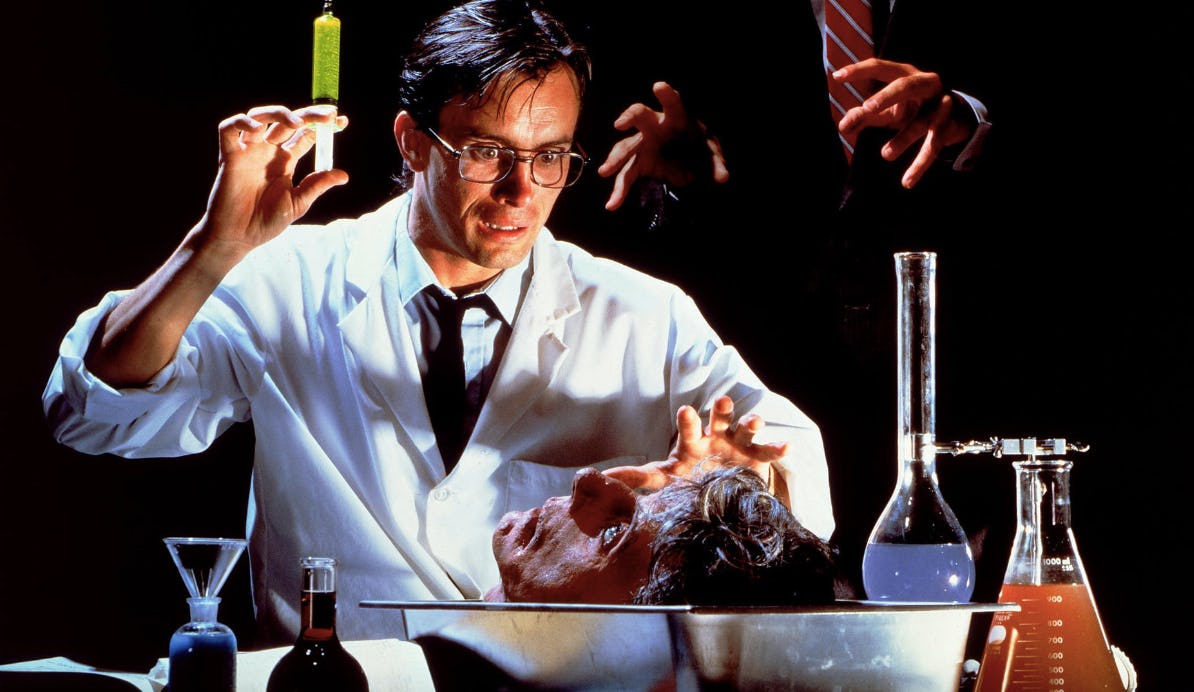
Now, more than two decades after his last screenwriting credit (another Stuart Gordon-directed H.P. Lovecraft adaptation called Dagon from 2001), Paoli returns with Suitable Flesh. A Shudder streaming exclusive, the movie stars Heather Graham in a sexy, demonic, body-swapping thriller based on the Lovecraft short story “The Thing on the Doorstep.”
“I had written the script back in the late ‘90s for Stuart,” Paoli tells Inverse. “It was going to be our next project, but it was optioned and rejected by the production companies three times over a 15-year period.” (To learn the surprising reason why, keep reading.)
Thankfully, with the help of director Joe Lynch, Suitable Flesh will finally see the light of day, giving fans of The Re-Animator an unexpected spiritual sequel to the 1985 camp classic.
Inverse caught up with Paoli to talk about how his new movie came to be, the true story behind one particularly infamous scene from Re-Animator, and why he’s not interested in adapting H.P Lovecraft’s most well-known tale.
This interview has been edited for brevity and clarity.
It's been two decades since your last movie. So what brought you back to writing film scripts?
In two words: Barbara Crampton. We reconnected after Stuart Gordon unfortunately passed away at the beginning of the pandemic. We found ourselves on several Zoom memorials for him and reconnected. We texted back and forth and talked on the phone.
She has gone from being one of the premier scream queens in Hollywood history to being a very successful producer of low-budget horror. She's still a terrific actress, but she wears the producer's hat now as well. She asked if I had any scripts in the drawer, and I had this one for Suitable Flesh, which was actually an adaptation of H.P. Lovecraft's "The Thing on the Doorstep." So I gave it to her. She liked it a lot. We came to an agreement, she connected Joe Lynch, at which point it was pretty much a done deal. He connected Heather Graham, at which point it was absolutely a done deal. And it got made.
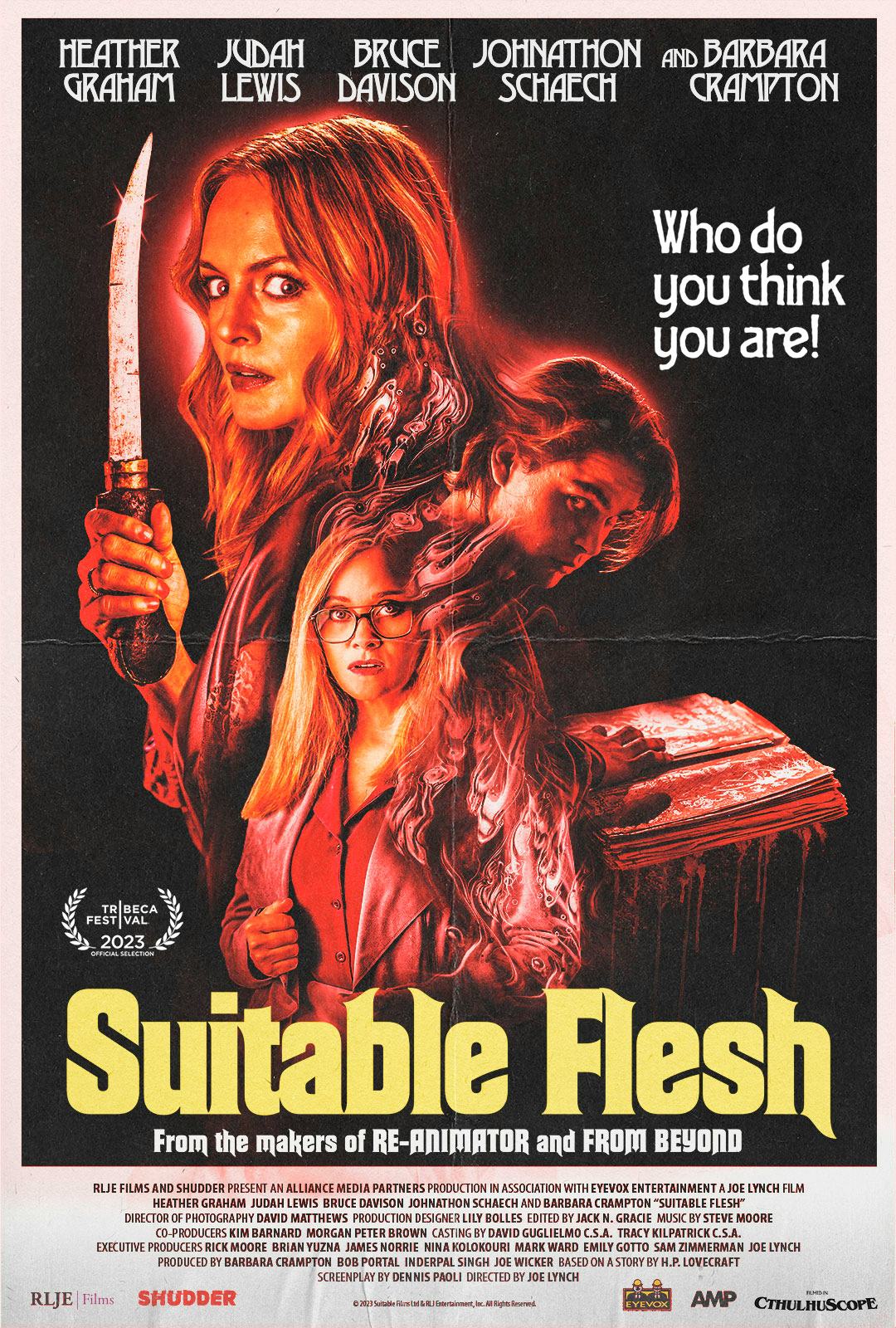
So that's how I got back into film. But mostly this was a rewrite job. I had written the script back in the late ‘90s for Stuart. It was going to be our next project, but it was optioned and rejected by the production companies three times over a 15-year period. They all had the same objection to keep them from producing it. I'll let you guess what that was once you see the film.
Well, I've seen the film so I’m going to guess: Too many sex scenes?
Yes! Too much sex. They said, I'm sorry, we can't produce this. Too much sex. And Stuart and I would look at each other and go, We don't understand that sentence.
And so that was there in the script from the beginning. Barbara, once she saw it, she was fearless. She had none of that fear the earlier producers had. Joe Lynch was even braver, if anything, in terms of filming it and putting it on screen. And the actors were all very game for what was necessary to tell the story.
Speaking of sex scenes in H.P. Lovecraft movies, I have to ask about the infamous oral sex scene in Re-Animator. Was there any pushback on that? How did you even come up with the idea?
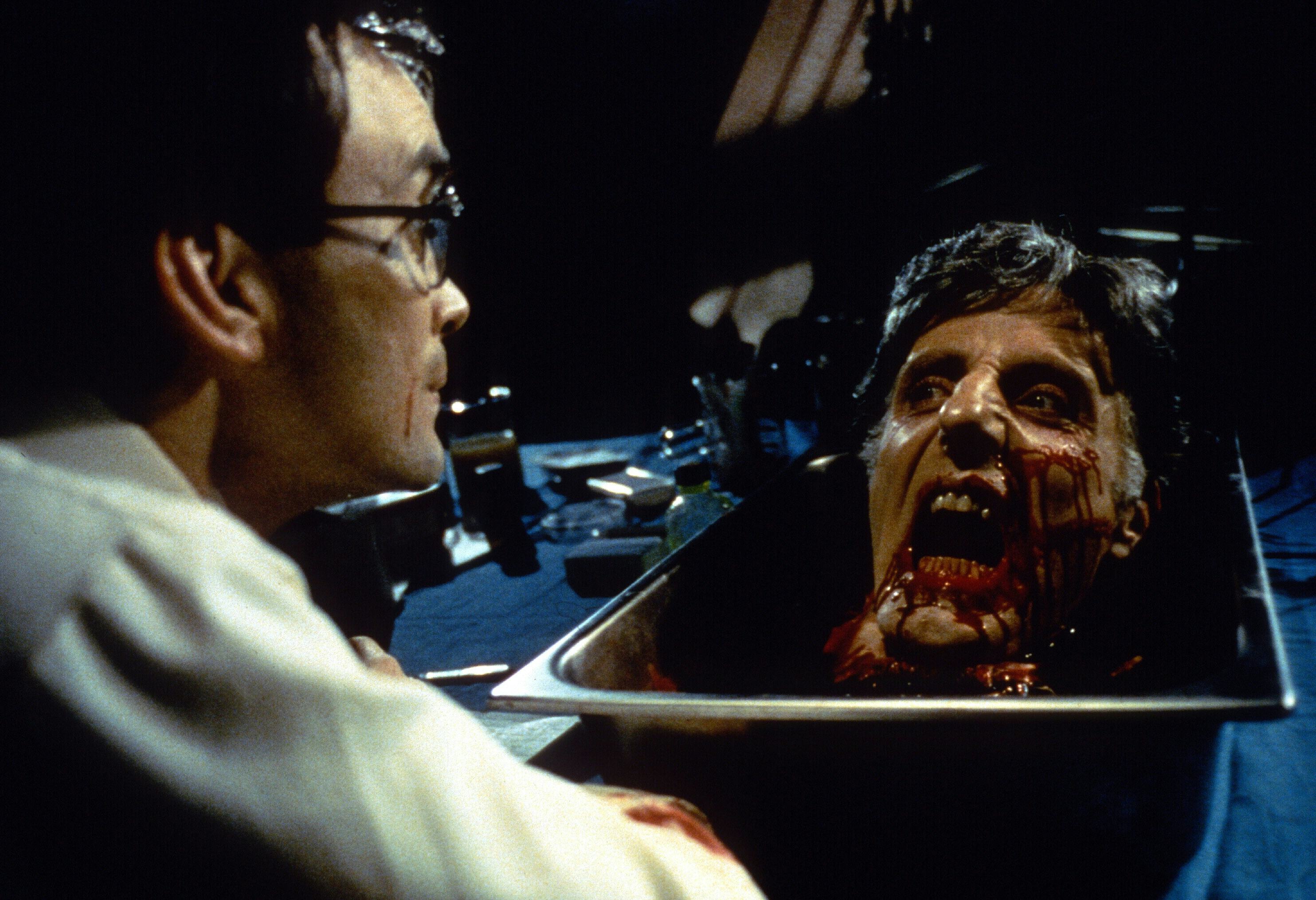
There was no pushback at all. Everybody was thrilled with the idea. It was sort of the logical progression of Dr. Hill's character. In the review in The New Yorker of Re-Animator by Pauline Kael, she says that it was that the decapitation of Dr. Hill seemed to free his sexuality.
And if you know your Freudian psychology, that's displacement. That's the opposite of what's supposed to happen. Decapitation is supposed to kill your sex drive. On the other hand, we turned that on its head, so to speak, and made it open him up to his full sexual perversity.
So there was no pushback on that at all. That just seemed right for the story that was being told. I remember calling Stuart and saying, “I think I've written the film's first visual pun.” And he was down with that. But I’ve got to tell you, the person who was most responsible for that, meaning she could have nixed it at any point, was Barbara Crampton. She was exceedingly brave.
So now that you’ve finished Suitable Flesh, are there any other H.P. Lovecraft stories that you still want to make a movie out of?
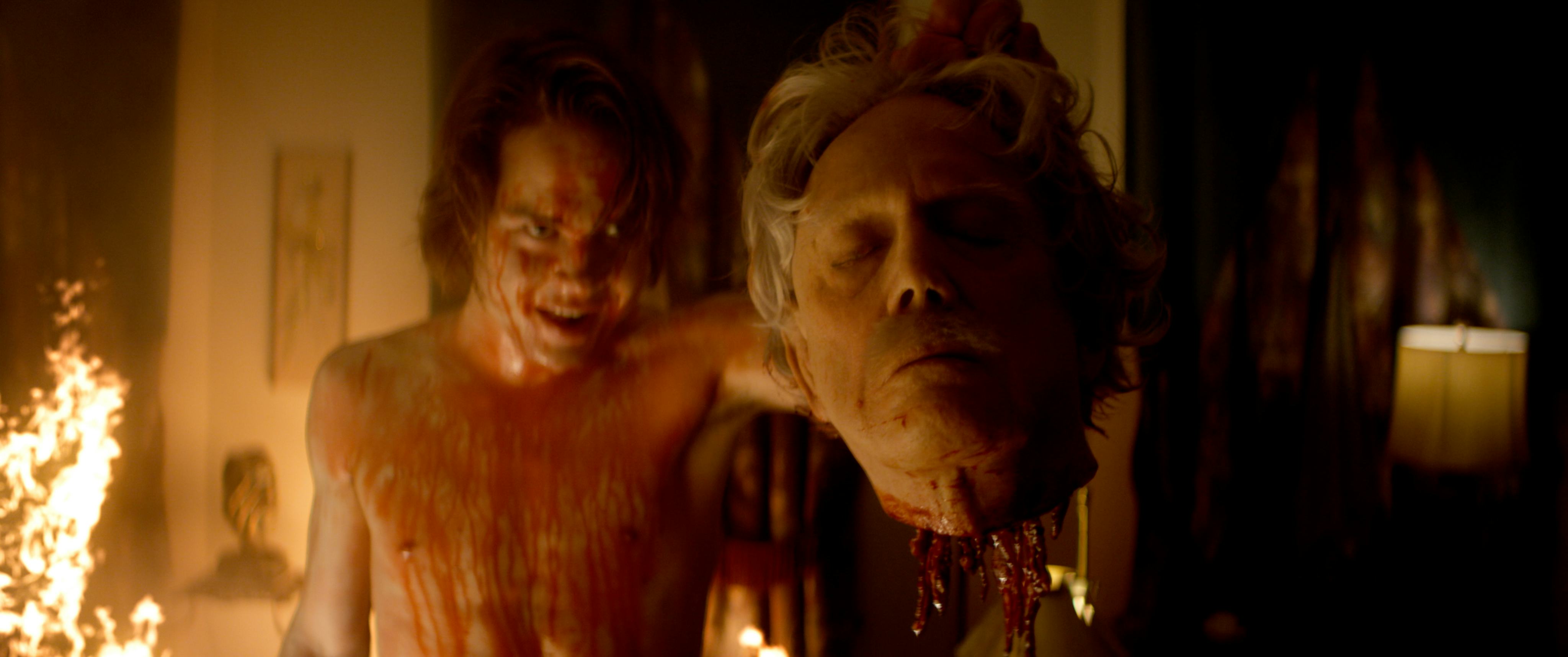
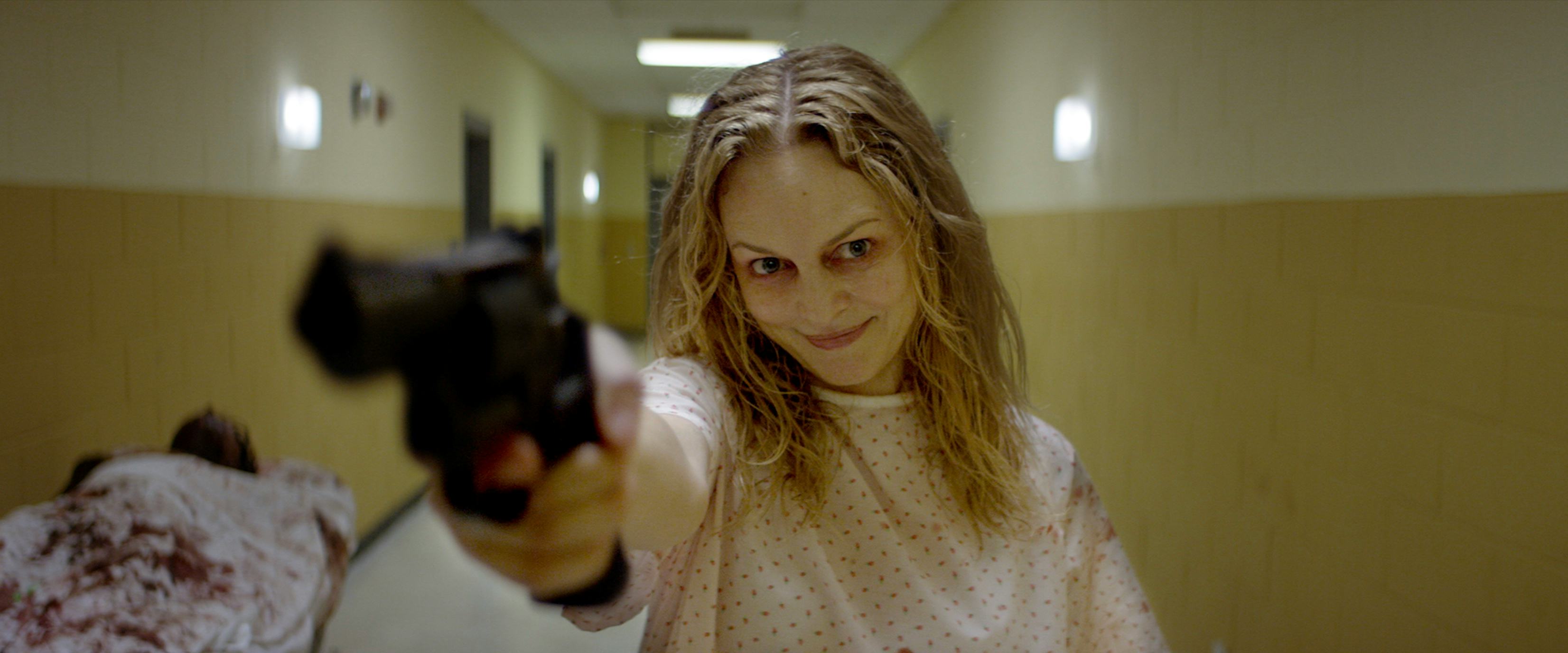
I don't have any more Lovecraft adaptation scripts. Everybody talks about "At the Mountains of Madness." Guillermo del Toro has been trying to raise hundreds of millions of dollars to make that movie. Stuart was very interested in making that movie. It's kind of Lovecraft's magnum opus, but it's not a very dramatic story. In fact, it's kind of static. And I wasn't drawn to adapting it because it’s such a big story.
The plot is a lot like the plot of The Thing. Somewhere in a polar region, somebody digs up a horrific creature who then threatens (primarily in the story) all of our sanity. It threatens everything we think we know about what rational, reasonable life is on the planet. And that's a story worth telling. But it kind of got told a couple of times in a couple of terrific movies, especially the John Carpenter film. So I had problems thinking about remaking that.
Did you see Lovecraft Country? And what are your thoughts on Lovecraft’s controversial opinions on race and gender in general?
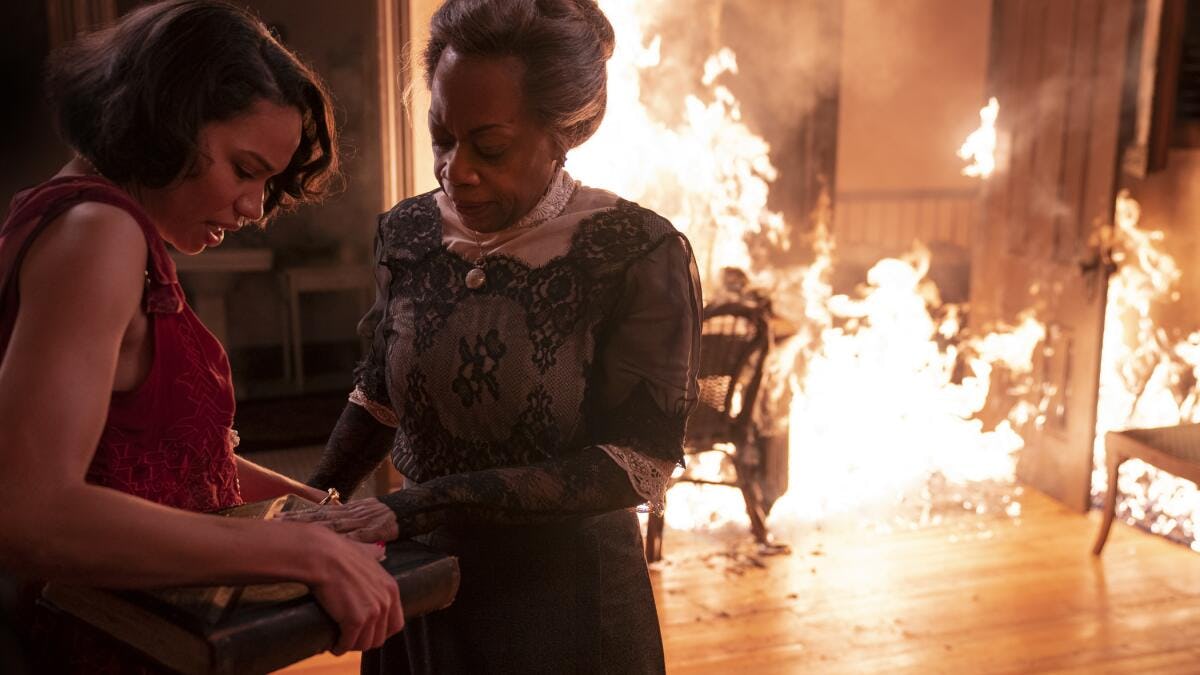
I thought Lovecraft Country was very friendly to Lovecraft. It adapted his work to a multiracial context. And it wasn't just an African-American context, it was multiracial, which I thought was fascinating and very well done. Not in every episode, but a number of them were classics.
I think the questions of Lovecraft's racism and misogyny and antisemitism, they're all about fear. He was a fearful character. He feared for his own sanity for almost his entire adult life. There was insanity in his family and he was afraid that it was going to come out.
He was imbuing his work with his own most fundamental fears. This legacy of his inheritance comes out in the protagonist of "The Shadow over Innsmouth," for example. And his fears were what drove him to racism and antisemitism, to clinging so desperately to what he felt was a tenuous identity.
That fear is absolutely what we wanted to write about. We were not interested in writing horror stories about us versus them — some terrible set of monsters, some aliens, some invading aliens. We were more interested in showing the struggle for one's own identity. Because we all struggle to build and maintain our identities, which is a lot of what Suitable Flesh is about. The struggle to maintain an identity against some malevolent evil is a story we were interested in telling and it is central to all of Lovecraft's work.

OK, a bit of a pivot for your final question. In the two decades since your last movie, Hollywood has changed a lot. Namely, superhero movies totally dominate the industry. What do you think of that genre?
I think most of the Marvel films are very well written. I'm really happy with most of them. They could just be about explosions and superhero fistfights. And while you get plenty of that, you also get some good story development. You get good character development and fundamental plots. Not in all of them, but in a number of them. And that's not easy to do when you know the fan base is looking for lots of explosions and superhero fistfights. So I got to give Marvel cred for their script-writing chops. I think they are committed to finding the best stories they can tell and telling them as well as they can.
I'm not sure that's the case for the DC movies, although the Batman movies, they keep rolling 'em out. The Batman story is just a great story so that hardly ever fails if it's got a good director. It's almost a done deal that you're going to get sequel after sequel after sequel because the first one's going to do so well. And then you get diminished results over time. Although every once in a while you get a Heath Ledger or you get a Joaquin Phoenix, which is so well done.
So I have no kick with the superhero movies. They're fun, good stories. And they're telling as profound a story as most of the Oscar-winning films.







